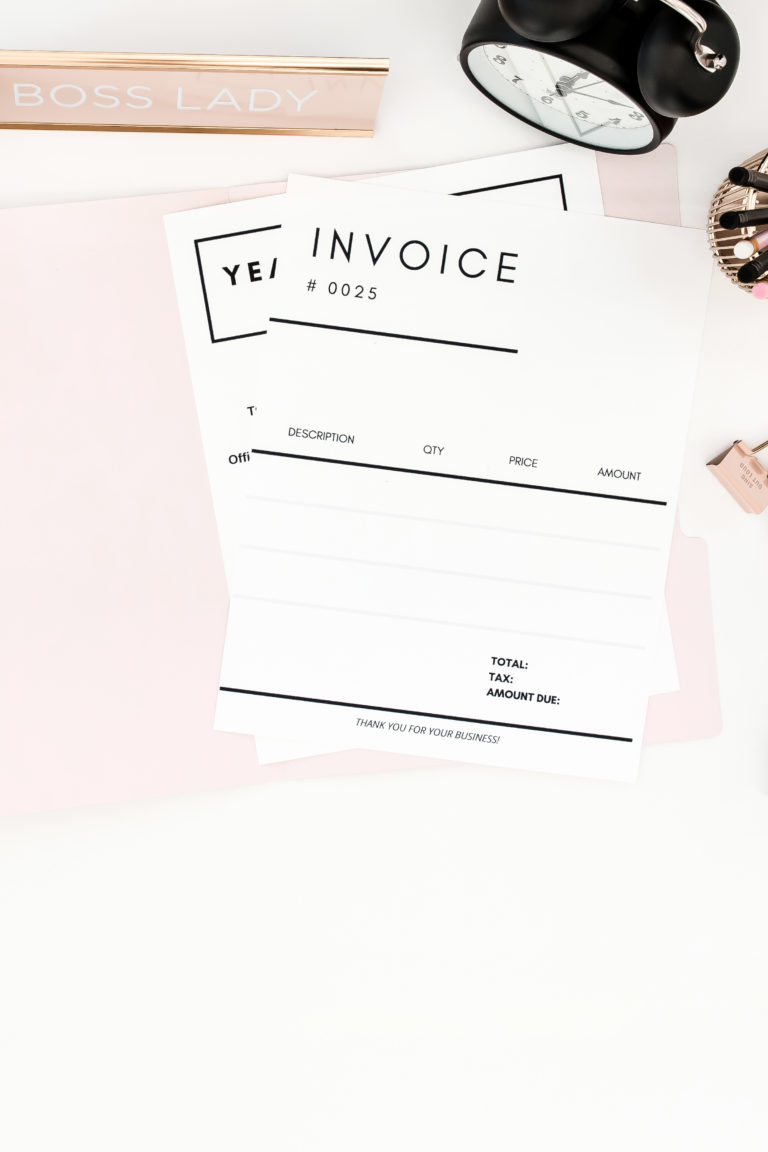Financial Jargon Explained: The Acronyms You Need To Know
Hands up if you know your SBSCH’s from your STP’s? Nope? I get it, there are so many of them and unless you’re in the industry, they all kinda melt into one another. I’ve created this quick reference guide to help you decipher the financial code – read on for financial jargon explained!
Frequently Used Acronyms
- ABN: Australian Business Number. This is the unique number you get when you register your business.
- ACN: Australian Company Number. This is the unique number you get when you register your company.
- ATO: Australian Taxation Office. I DO hope you know this one!
- BAS: Business Activity Statement. You will only need to lodge monthly/quarterly/annual* BAS’s if you are registered for GST. If your income exceeds $75k per year and you haven’t registered for GST, you need to get on this ASAP!
- BOOT: Better Off Overall Test. This is a useful tool when looking at wages, it’s complicated but enables you to have a birdseye view of your staffs wages and how that compares to award wages and make sure what you pay them is ‘better off’ and can’t be ‘worse off’.
- BS: Balance Statement. A balance statement is a financial statement that reports all your company’s assets, liabilities and shareholders’ equity.
- CGT: Capital Gains Tax. This refers to a tax you are charged when you sell an investment like real estate or shares when you make a gain.
- COGS: Cost Of Goods. These are the items you buy to sell or to form a part of what you sell.
- COS: Cost Of Sales. This is the cost of your sales keeping the cost of goods and any other expenses in mind.
- FX: Foreign Exchange. This is the exchange rate when converting to overseas currency.
- GST: Goods & Services Tax. This is the tax that is charged on goods and services – when the seller is registered.
- Checkout these blogs for more info on invoicing with GST and claimable GST.
- GL: General Ledger. This is the list of accounts you code transactions to. You’ll see them in your accounting software and in reports.
- IAS: Instalment Activity Statement. You are required to lodge IAS’s if you are not registered for GST but pay employee wages. Or if you’re on quarterly BAS but monthly for wages, these are done in between.
- P&L: Profit & Loss Statement. If you work with a bookkeeper, you’ll be sent a P&L on the regular. This helps you understand how much money you’re making, how much you’re spending and what your profit looks like.
- PAYG: Pay As You Go. This is the umbrella term for personal/company taxes that are paid. There are two different types which I’ll outline next.
- PAYGI: Pay As You Go Instalments. This refers to the pre-paid tax instalments (as a sole trader or company etc) you pay before lodging your income tax return. Then you only have a small bit left to pay – or get a refund if you’ve overpaid wooo!
- PAYGW: Pay As You Go Withheld. This refers to the tax you have withheld from your employee’s wages which you then pass onto the ATO.
- PPE: Property Plant & Equipment. These are the large assets you buy for your business like huge printing machines, cars and the like. Think BIG assets. Small ones like your desktop printer etc are slightly dif.
- ROI: Return On Investment. This is a widely used term and is the calculation used to work out what your return is on your investment (as the name suggests!).
- SBSCH: Small Business Super Clearing House. This is a free service through the ATO you can use to make super guarantee (SG) contributions if you don’t have it included in your payroll software.
- SMSF: Self Managed Super Fund. This refers to a super fund you manage instead of a super fund you join.
- STP: Single Touch Payroll. This has replaced the annual reporting of wages and payment summaries for employees to the ATO. Pretty important you’re all up on this if you have employees. If not – get in touch ASAP!
- TFN: Tax File Number. This is the unique number every working Australian receives to identify them with the ATO.
And there you have it, the must-know list of financial acronyms explained. I do hope this has helped you! If you need a hand delving into any of the above terms, feel free to contact me for a free discovery call.
*Extra Info – if you decide you’d like to register for GST voluntarily (you aren’t reaching the $75k) you can opt to do your BAS annually. #littleknownfact but super handy to know. As I know a lot of you like to register when dealing B2B – Business to Business 😉

Yours in numbers,






